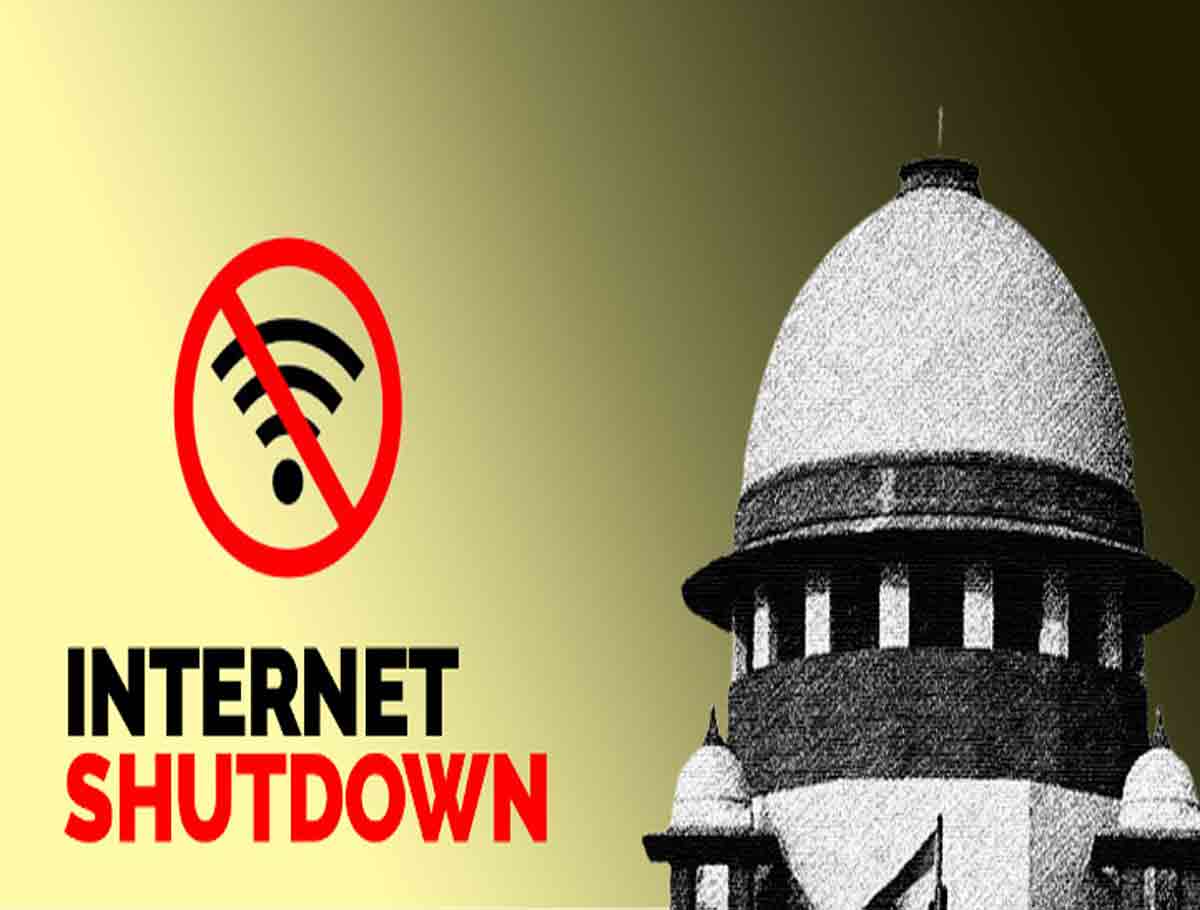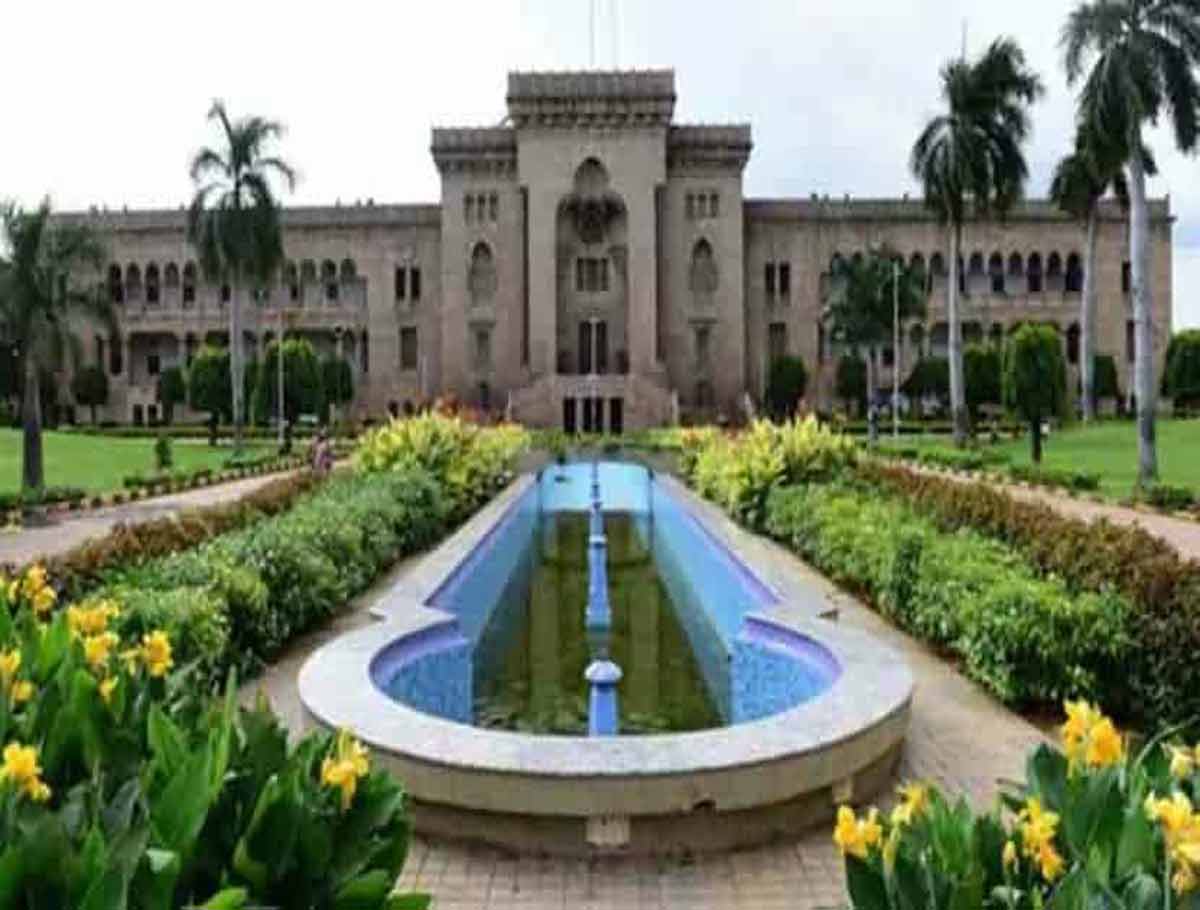The Supreme Court on Thursday declined to entertain a miscellaneous application (MA) seeking enforcement of its guidelines for state-imposed internet shutdowns.
A Bench of Justices BR Gavai, Dipankar Datta, and Aravind Kumar remarked that the petitioners had other remedies if the Supreme Court’s judgment in Anuradha Bhasin was not being enforced.
As the counsel for the petitioner was summing up his arguments, Justice Datta remarked,
“With Article 144 [being there], how can you ask for more directions?”
“So many people can have apprehensions (about enforcement). But is the MA even maintainable? It has become functus officio,” Justice Kumar weighed in.
Justice Gavai then stated,
“We condemn reopening disposed of matters by civil applications. Thank you. Dismissed. We made a mistake by issuing notice.”
The Court then allowed the petitioners to withdraw their application.
In May this year, the Supreme Court had sought the response of the Central government in the matter.
Advocate Vrinda Bhandari had at the time informed the Bench that the petitioners had filed Right to Information (RTI) applications seeking the status of compliance. The responses revealed that the authorities were not aware of the judgment and hence would not be publishing shutdown orders in the public domain.
The main petition was filed by the executive editor of the Kashmir Times newspaper, Anuradha Bhasin, and then Rajya Sabha parliamentarian Ghulam Nabi Azad. It had raised a grievance against curbs on the internet in Kashmir, following the abrogation of the erstwhile State’s special status in August 2019.
In its 2019 judgment, the Court held that the right to freedom of expression through the internet is part of Article 19(1)(a) of the Constitution and that the same restrictions under the constitutional provision would apply.
Further, the apex court had held that orders suspending internet services indefinitely are impermissible and that such orders could only be temporary, must adhere to the principle of proportionality, and were subject to judicial review.
Next Story :
Now you can get the latest stories from Hydnow every day. Click the link to subscribe. Click to follow Hydnow’s Facebook page and Twitter and Instagram




